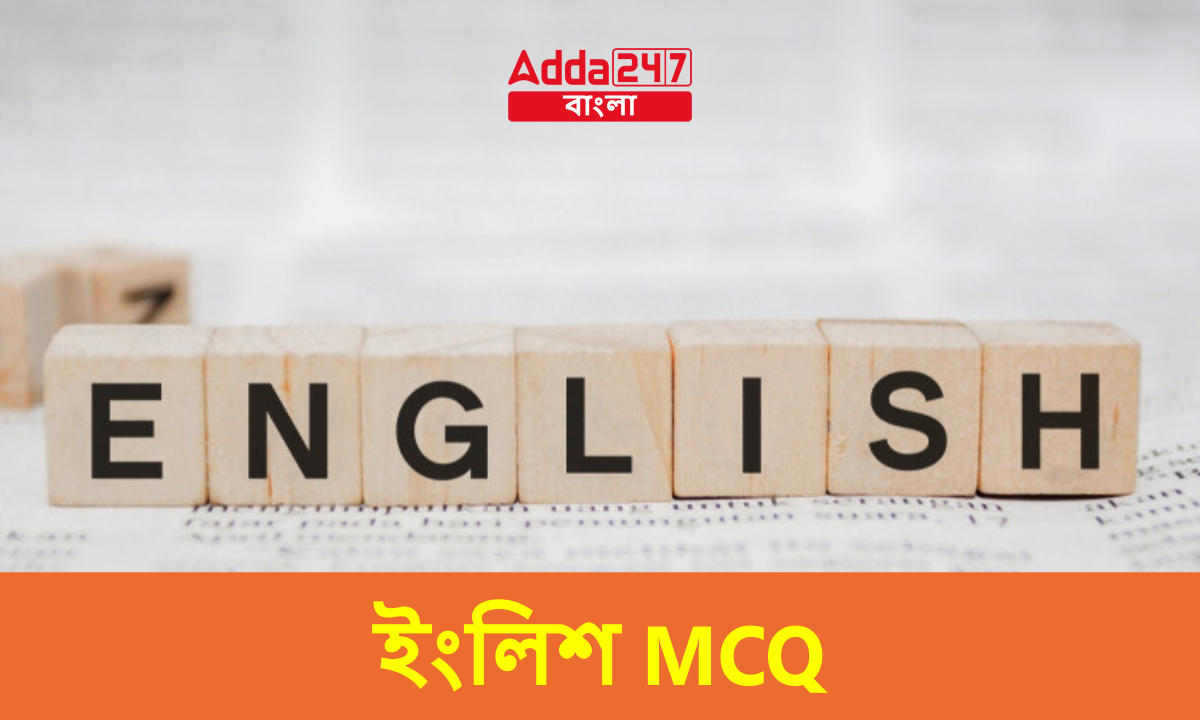ইংলিশ MCQ: Adda 247-এ আপনাকে স্বাগতম। Adda 247 বাংলা আপনাকে PSC ক্লার্কশিপ পরীক্ষা সহ সমস্ত প্রতিযোগিতামূলক পরীক্ষার জন্য ইংলিশ MCQ দিচ্ছে। এখানে আপনি প্রতিদিন সমাধান সহ একাধিক পছন্দের প্রশ্ন এবং উত্তর পাবেন। এখানে আপনি সমস্ত গুরুত্বপূর্ণ প্রশ্ন এবং উত্তর পাবেন যা আপনাকে আপনার জ্ঞান বাড়াতে এবং আপনাকে আপনার লক্ষ্য পূরণের দিকে এগিয়ে যেতে সাহায্য করবে। এই ইংলিশ MCQ নিয়মিত পড়ুন এবং পরীক্ষায় সফল হন।
| ইংলিশ MCQ | |
| বিষয় | ইংলিশ MCQ |
| বিভাগ | Daily Quiz |
| উদ্দেশ্য | PSC ক্লার্কশিপ পরীক্ষা |
ইংলিশ MCQ
Directions (1-5): Read the following passage carefully and choose the most appropriate answer to the question out of the four alternatives.
A majority of Indians prefer to use the internet for accessing banking and other financial services than shopping online, shows a new survey. Almost 57% of Indian respondents prefer the internet to bank online and use other financial services due to hassle-free access and time saving feature of online banking according to the survey.
Checking information on products and services online comes a close second at 53% while 50% shop for products online. The fourth on the list—around 42% of respondents in India surfed online to look for jobs, the survey said. Online banking has made things much easier for the people and it saves a lot of time.
It has eliminated the problems associated with traditional way of banking where one had to stand in a queue and fill up several forms. Most of the banks in India have introduced customer-friendly online banking facility with advanced security features to protect customers against cybercrime. The easy registration process for net banking has improved customers’ access to several banking products, increased customer loyalty, facilitated money transfer to any bank across India and has helped banks attract new customers.
The Indian results closely track the global trends as well conducted among 19216 people from 24 countries, survey showed that banking and keeping track of finances and searching for jobs are the main tasks of internet around the globe.
Overall, 60% of people surveyed used the web to check their bank account and other financial assets in the past 90 days, making it the most popular use of the internet globally, shopping was not too far behind at 48%, the survey showed and 41% went online in search of a job in terms of country preferences, almost 90% of respondents in Sweden use e-banking. Online banking has also caught on in a big way in nations like France, Canada, Australia, Poland, South Africa and Belgium, the survey showed.
The Germans and Britishers come on top for using online shopping with 74% of respondents in both countries who had bought something online in the past 3 months. They are followed by 68% of respondents in Sweden, 65% in US and 62% in South Korea.
Q1. If the given sentences were to be arranged in their order of their popularity (from most popular to least popular), which one of the following would represent the correct sequence as given in the passage?
A. Use internet to gain information about products and services.
B. Use internet to search for jobs.
C. Use internet for online banking.
(a) B, A, C
(b) C, B, A
(c) C, A, B
(d) A, B, C
Q2. Which of the following is not true in the context of the passage?
(a)Internet users across the globe are mainly interested in looking for jobs and keeping track of finances
(b)Germany and Great Britain are the top countries where online shopping is quite popular
(c)Many people in Sweden use e-banking to maintain their finances
(d)A majority of Indians prefer shopping online as compared to other online activities
Q3. According to the passage, banks are successful in attracting more customers due to
A. Better training to sales staff.
B. Opening more branches at various locations.
C. Easy registration process for net banking.
(a) Only B
(b) B and C
(c) A and B
(d) Only C
Q4. How many of the Indians are using the internet to shop online?
(a) Between 40% and 50%
(b) One-fourth of them
(c) One-third of them
(d) Half of them
Q5. Which of the following can be an appropriate title for the passage?
(a)The Growing Utility of the Internet
(b)Internet and Its Drawbacks
(c)The Traditional versus Modern Ways of Shopping
(d)Use of the Internet in Different Countries
Directions (6-10): Read the following passage carefully and choose the most appropriate answer to the question out of the four alternatives.
It is difficult to compare countries because various factors such as size, culture, history, geography, natural endowments, geopolitics and internal polity come into play. There are some goals which can be achieved by smaller countries; but sometimes smaller countries find it difficult to embark upon certain big technological plans even if they have the funds, because the size of the domestic market is too small. If we consider the bigger countries, the closest comparison to India is China, though there are many crucial differences.
The Chinese vision is to prepare the country for entry into the ranks of mid-level developed nations by the middle of the twenty-first century. Acceleration of the nation’s economic growth and social development by relying on advances in science and technology is pivotal in this.
Documents describing the Chinese vision state that science and technology constitute premier productive forces and represent a great revolutionary power that can propel economic and social development. It is interesting to note that the main lessons the Chinese have drawn from their past performance is their failure to promote science and technology as strategic tools for empowerment. They also point to the absence of mechanisms and motivations on science and technology. Similarly, they hold that their scientific activity to promote dependence on science scientific and technological efforts were not oriented towards economic growth. As a consequence, they conclude, a large number of scientific and technological achievements were not converted into productive forces as they were too far removed from China’s immediate economic and social needs. The Chinese vision is therefore aimed at exploiting state-of-art science and technology to enhance the nation’s overall power and strength, to improve the people’s living standards in large-scale industrial and agricultural production and to effectively control and alleviate pressures brought on by population, resources and the environment. By the year 2000, China had aimed at bringing the main industrial sectors upto the technological levels achieved by the developed countries in the 1970s or 80s, and by 2020 to the level they would have attained by the early twenty-first century. The aim is to bridge the overall gap with the advanced world. There is a special emphasis on research and development of high technologies that would find defence applications. Some of these technologies are critical for improving the features of key conventional weapons. Some technologies are meant for enhancing future military capabilities. Other efforts are aimed at maintaining the momentum to develop capabilities for cutting-edge defence technologies. They call for unremitting efforts in this regard with the aim of maintaining effective self-defence and nuclear deterrent capabilities and to enable parity in defence, science and technology with the advanced world.
Q6. Why can’t smaller countries take up big technological planning?
(a) They have other goals to achieve.
(b)They have smaller domestic market size.
(c)Smaller countries lack technological knowhow.
(d)Bigger countries do not permit them to do so.
Q7. What is the goal of China to be accomplished by the middle of 21st century?
(a)To become one of the most developed nations
(b)To surpass the level of all middle-level developed nations by a good margin
(c)To be that most influential superpower
(d)None of the above
Q8. What according to the Chinese vision can boost socio-economic development?
(a)Science and Technology
(b)Minds united with revolutionary powers
(c)Premier productive forces
(d)A vision which propels development
Q9. Which of the following have the Chinese identified as their pitfall(s) from their past?
I Lack of orientation of science and technology towards economic growth
II Lack of mechanisms in their economic activities to promote use of science and technology
III Neglect of science and technology as a strategic measure for empowerment
(a)A and B
(b)B and C
(c)All the three A, B and C
(d)None of the above
Q10. Choose the word which is opposite in meaning to the word given in bold as used in the passage.
Endowments
(a) inauguration
(b) inability
(c) hereditament
(d) benefaction
ইংলিশ MCQ সমাধান
S1. Ans.(c)
Sol. As online banking feature is used most frequently, followed by information about products and services 57% and 53%, respectively.
S2. Ans.(d)
Sol. It is clearly mentioned in the passage that 57% Indians prefer online banking, as compared to online shopping 50%.
S3. Ans.(d)
Sol. It has been mentioned in the fifth paragraph that easy registration process has attracted more customers to the banks.
S4. Ans.(d)
Sol. The fourth paragraph clearly mentions the 50% (half) of the Indians are used internet for shopping online
S5. Ans. (a)
Sol. Since, the passage mainly talks about the utility of the internet, so option (a) is the appropriate title for the passage.
S6. Ans. (b)
Sol. Refer to, “but sometimes smaller countries find it difficult to embark upon certain big technological plans even if they have the funds, because the size of the domestic market is too small.”
S7. Ans. (d)
Sol. Refer to, “The Chinese vision is to prepare the country for entry into the ranks of mid-level developed nations by the middle of the twenty-first century.”
S8. Ans. (a)
Sol. Refer to, “Documents describing the Chinese vision state that science and technology constitute premier productive forces and represent a great revolutionary power that can propel economic and social development.”
S9. Ans. (c)
Sol. Refer to, “It is interesting to note that the main lessons the Chinese have drawn from their past performance is their failure to promote science and technology as strategic tools for empowerment. They also point to the absence of mechanisms and motivations on science and technology.”
S10. Ans. (b)
Sol. Endowments means a quality or ability possessed or inherited by someone.
| Check Also | |
| ADDA247 Bengali Homepage | Click Here |
| ADDA247 Bengali Study Material | Click Here |
| Adda247 Daily Quiz | Click Here |









